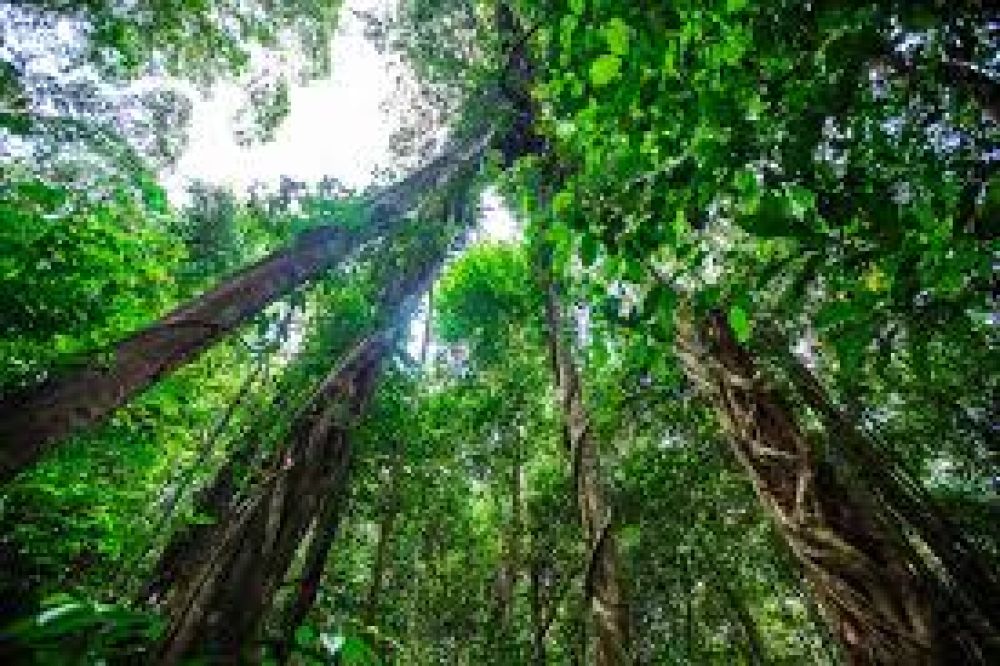

Phu Quoc National Park, located on the beautiful island of Phu Quoc in Vietnam, is a breathtaking protected area known for its rich biodiversity and stunning landscapes. Despite its current popularity as a tourist destination, Phu Quoc's journey towards becoming a notable spot for travelers has been a progressive one.
The history of tourism in Phu Quoc National Park is intrinsically linked to the broader development of Phu Quoc Island as a destination. Originally, the island was a quiet and relatively undiscovered locale, mainly inhabited by fishermen and small communities practicing traditional agriculture and harvesting the rich sea resources.
Tourism began to take root in the late 20th century, but it wasn't until the early 2000s that Phu Quoc started to emerge on the international stage, aided by the Vietnamese government's efforts to promote tourism as a key economic sector. The national park, established in 2001, was part of these initiatives to conserve the island's natural environment and provide a sustainable foundation for tourism growth.
In the early stages, access to Phu Quoc and its national park was limited, deterring potential visitors. However, the completion of significant infrastructure projects, such as an international airport in 2012 and improvements to roads and ferry systems, substantially increased the accessibility of Phu Quoc. These advancements were pivotal in boosting tourism, allowing more people to explore the natural wonders of the park.
With the world becoming more conscious of environmental issues and sustainable travel, Phu Quoc National Park has seen a surge in eco-tourism. Visitors are drawn to the park's pristine rainforests, diverse wildlife, and opportunities for hiking, bird watching, and experiencing the island's unique flora and fauna. Conservation programs aim to educate tourists and highlight the importance of protecting the park's delicate ecosystem.
The recent trend in Phu Quoc is a move towards luxury tourism. High-end resorts are popping up around the island, catering to travelers seeking both the serenity of nature and the comfort of modern amenities. Additionally, the establishment of the Phu Quoc United Center, Vietnam's first "sleepless city", is set to revolutionize the island's tourism by offering entertainment, shopping, and cultural experiences alongside natural attractions.
In the wake of the global pandemic, there has also been a significant shift towards health and wellness tourism. Phu Quoc National Park is positioned well for this trend, as visitors look to connect with nature to rejuvenate their mental and physical health.
In conclusion, the evolution of tourism in Phu Quoc National Park has been a transition from a secluded and untouched paradise to a well-loved international tourist destination. With each step, from infrastructural development to embracing eco-tourism and luxurious accommodations, Phu Quoc National Park continues to provide a balance between tourism growth and environmental sustainability.